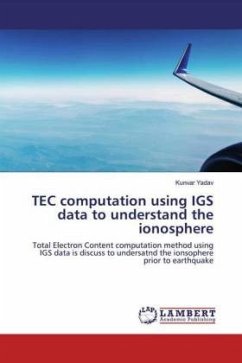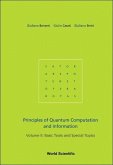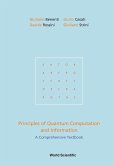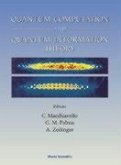We discuss the fact that there is a crucial contradiction within Von Neumann's theory. We derive a proposition concerning a quantum expected value under an assumption of the existence of the orientation of reference frames in N spin-1/2 systems (1 _ N +_). This assumption intuitively depictures our physical world. However, the quantum predictions within the formalism of Von Neumann's projective measurement (the result of measurements is ±1) violate the proposition with a magnitude that grows exponentially with the number of particles. We have to give up either the existence of the directions or the formalism of Von Neumann's projective measurement. Therefore, Von Neumann's theory cannot depicture our physical world with a violation factor that grows exponentially with the number of particles. The theoretical formalism of the implementation of the Deutsch-Jozsa algorithm relies on Von Neumann's theory. We investigate whether Von Neumann's theory meets the Deutsch-Jozsa algorithm.We discuss the fact that the crucial contradiction makes the quantum-theoretical formulation of Deutsch-Jozsa algorithm questionable. Further, we discuss the fact that Von Neumann's projective measurement
Bitte wählen Sie Ihr Anliegen aus.
Rechnungen
Retourenschein anfordern
Bestellstatus
Storno








